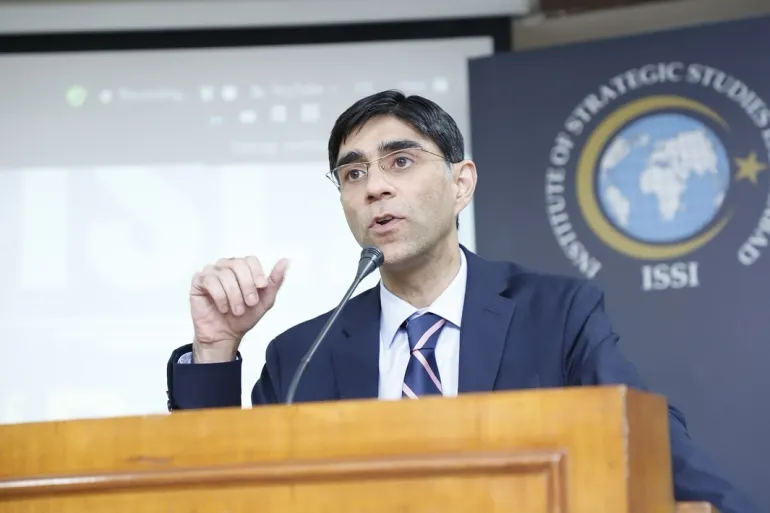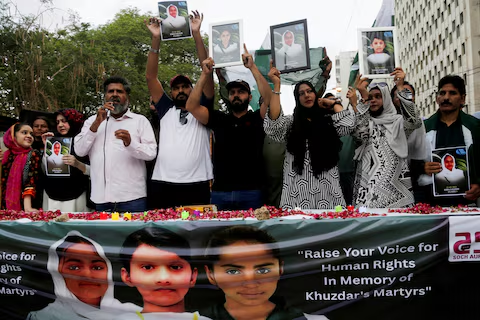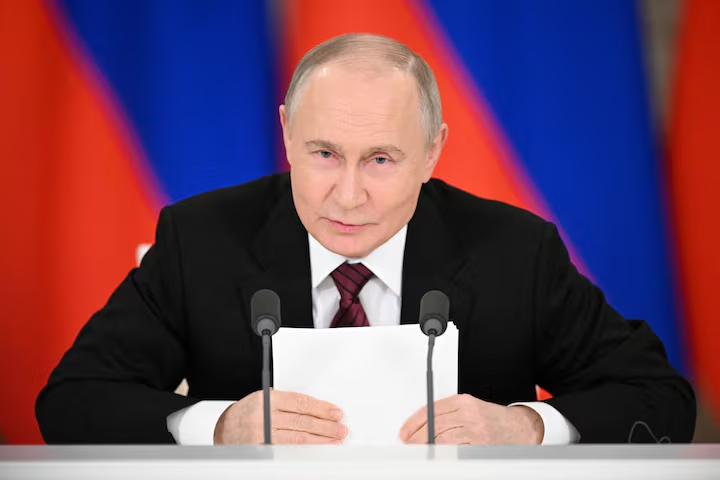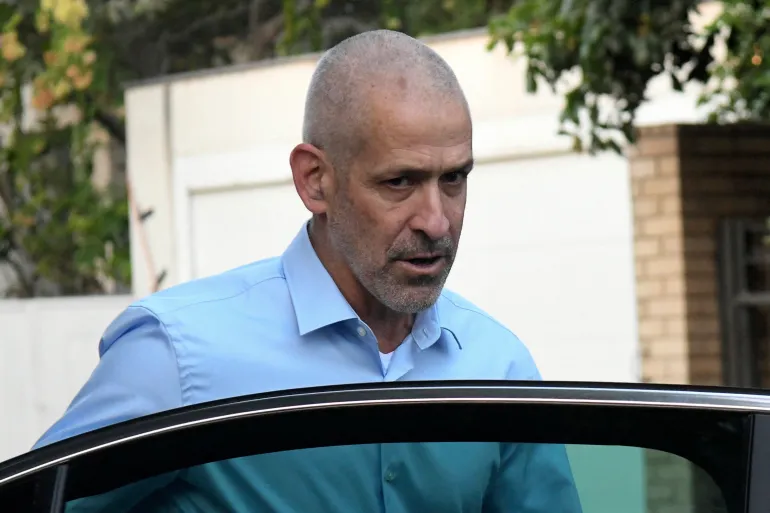Islamabad, May 3, 2025 — Amid rising tensions with India following the Pahalgam attack in Indian-administered Kashmir, Pakistan’s former National Security Adviser Moeed Yusuf has warned that while a major conflict is unlikely, the country must stay prepared for escalation.
In an interview, Yusuf — now Vice Chancellor at Beaconhouse National University — emphasized that the lack of structured crisis communication mechanisms between the two nuclear-armed nations makes even minor incidents dangerous. “I don’t see a major war with India, but we have to be ready,” he said.
The April 22 attack that killed 26 people has further strained bilateral ties. India blamed Pakistan for the incident, while Islamabad strongly denied involvement. The situation quickly deteriorated: diplomatic ties were scaled down, military readiness heightened, and both the Indus Waters Treaty and Simla Agreement were brought into question.
Yusuf expressed concern over the absence of institutional mechanisms for de-escalation. He said the two countries had previously operated through informal backchannels, but there is now a “complete breakdown” in trust. That, he believes, is more dangerous than at any point in recent history.
His remarks come as Pakistan’s Prime Minister Shehbaz Sharif engages regional allies like China and Gulf states to push India toward diplomacy. Meanwhile, Washington has also stepped in. U.S. Secretary of State Marco Rubio has called both sides, urging calm. Defense Secretary Pete Hegseth condemned the Kashmir attack but encouraged diplomatic restraint in his call with Indian Defence Minister Rajnath Singh.
Yusuf recalled his tenure during the 2019 Pulwama-Balakot standoff, noting that despite military strikes and captured pilots, both nations managed to avoid full-scale war due to quiet coordination. That, he warned, no longer exists.
He pointed to the lack of consistent dialogue between top-level civilian and military officials, adding that leadership on both sides may face internal political pressures to appear tough, which could override rational decision-making.
While skirmishes across the Line of Control (LoC) have increased since the Pahalgam attack, Yusuf reiterated that Pakistan must plan for worst-case scenarios but avoid rhetoric that invites conflict. “If you’re not prepared, miscalculation can lead to disaster,” he said.
The former NSA urged the revival of de-escalation mechanisms and warned against relying solely on third-party mediation. “We need direct crisis management tools, not just backchannels and hopes that Washington or Riyadh will step in every time,” he concluded.
As regional and global powers call for restraint, Yusuf’s cautionary message serves as a reminder that even without the intent for war, miscommunication between adversaries with nuclear capabilities poses grave risks.
Source; Al Jazeera



